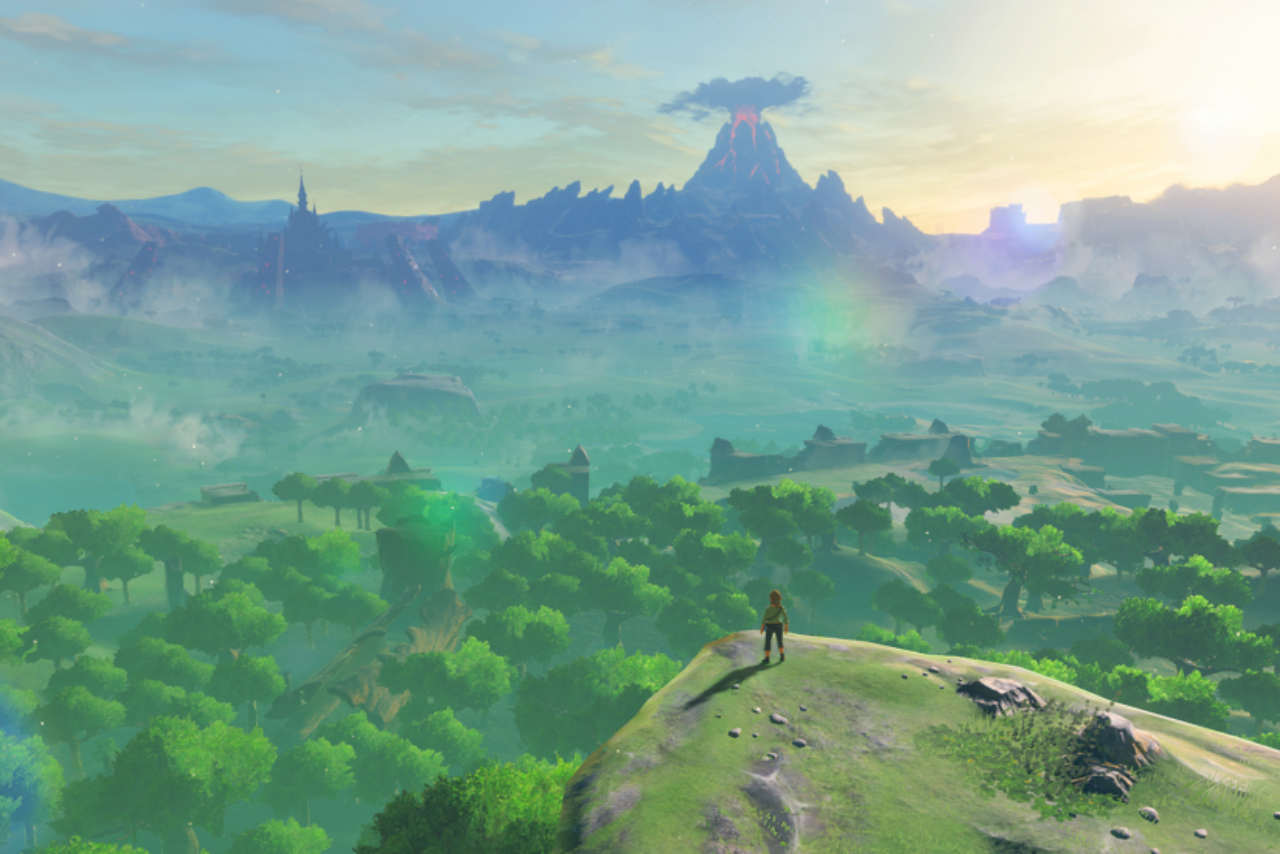Mental Health Study Claims Breath of the Wild Increases Overall Happiness
The National Center for Biotechnology Information government website posted a mental health study conducted by a group of scientists upon 519 randomly assigned student participants.
The study pondered the impact of engaging in works of art and entertainment, such as playing open-world games or watching Studio Ghibli films, on young people who are feeling increasingly anxious and sad; the study references The Legend of Zelda: Breath of the Wild specifically in relation to open-world titles and their affects on mental health.
The positive impact of the open-world games on overall life happiness was “significantly enhanced by nostalgia evoked by watching Studio Ghibli films.” The analysis stated that the effect of playing open-world games on happiness is affected and mediated by a sense of exploration, a sense of skill and mastery, and a sense of purpose and meaning.
This sense of happiness was positively impacted by nostalgia as well, with participants in the combined groups of being exposed to both Ghibli films and open-world titles reporting the highest happiness scores.
“Playing open-world video games, such as The Legend of Zelda: Breath of the Wild, can have several positive effects on an individual’s happiness and overall well-being,” the study claims.
“For instance, open-world games give players a high degree of control over their actions and how they experience the game world. Moreover, the vast, interactive landscapes in The Legend of Zelda: Breath of the Wild encourage exploration, which can be deeply satisfying. This mirrors the human desire for discovery and adventure, providing a sense of wonder and joy that can be rare in daily life.”
It’s important to note that this is a skewed sample pool; the study was conducted only towards postgraduate students, and only short-term effects were measured immediately after the interventions. But the results do suggest specific games and media can, relatively reliably and consistently, generate a measurable increase in mood and life satisfaction, which correlates to happiness.
More details on how the researchers gauged happiness and the direct impact of the mention media can be found on the official research paper, which was published on the National Library of Medicine at the National Center of Biotechnology Information. The library provides access to scientific literature, but the inclusion of media in the database does not imply endorsement of said materials.


